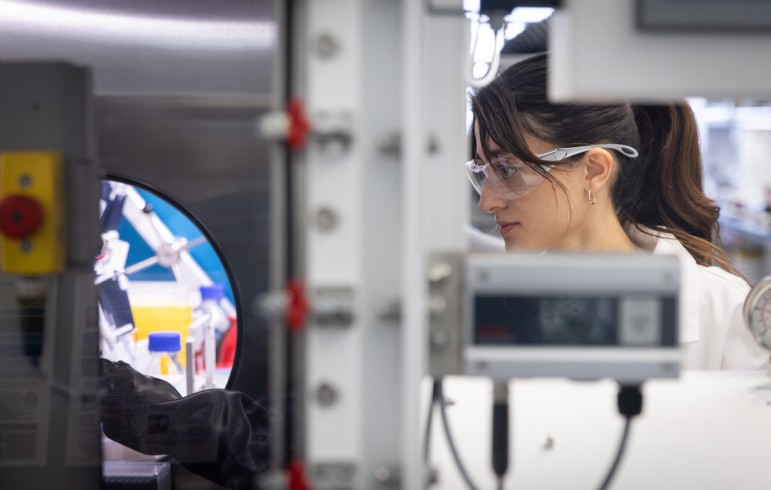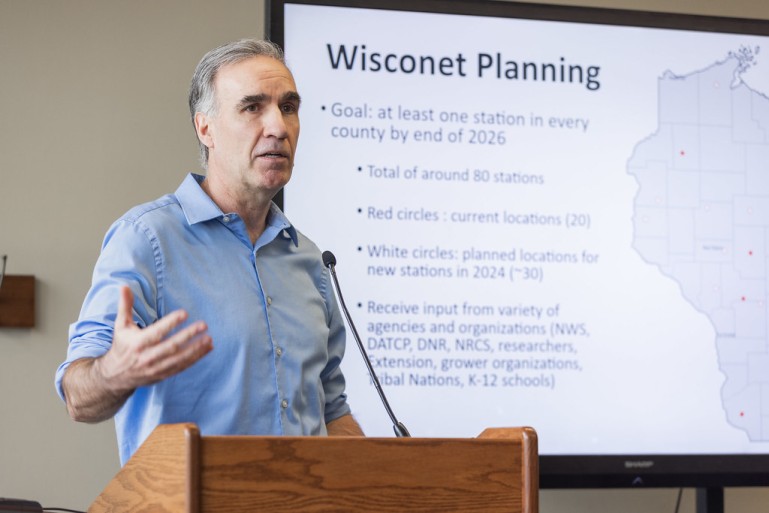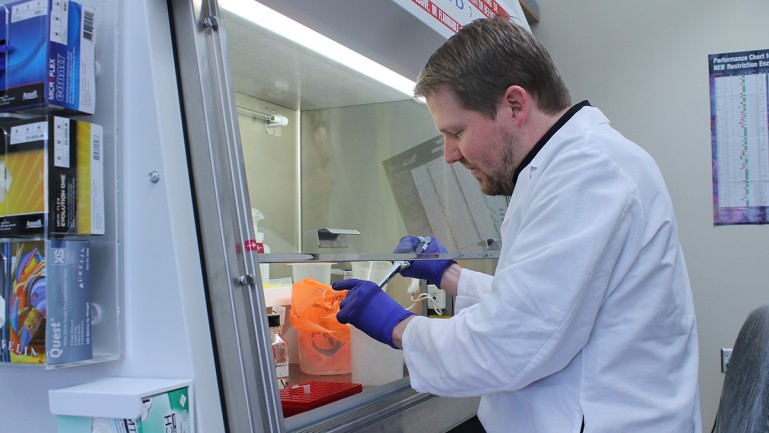UW–Madison’s team, known as WiscWind, is one of 12 selected for the third round of the U.S. Department of Energy’s 2024 Collegiate Wind Competition, which aims to prepare college students for jobs in the wind energy workforce through hands-on experience.
Xylose is the second-most abundant sugar in plant biomass. Most yeasts cannot eat xylose even though many have the required genetic pathway. This study showed that gene content is necessary but not sufficient for xylose metabolism and that codon optimization can be a predictor of this trait.
Every time we flip a switch, it's connected to an energy bill. But, the impact of that energy bill isn't the same for everyone. For many Americans, they experience unaffordable energy bills and undue energy burden–spending a greater portion of their income on energy bills than the average household. In this episode, we look at energy justice and ways we can make energy equitable for all. We speak to Jaime Garibay Rodriguez about his research into carbon lock-in and the barriers to adopting cleaner, and cheaper, energy technologies.
We often look to the smallest lifeforms for help solving the biggest problems: Microbes help make foods and beverages, cure diseases, treat waste, and even clean up pollution. Yeast and bacteria can also convert plant sugars into biofuels and chemicals traditionally derived from fossil fuels
Experts agree that CDR is and will continue to be critical to mitigate the effects of climate change, but some forms of CDR can be slow and ineffectual, and commercial CDR technologies are costly to scale and can be hugely inefficienct. Climate hawks fear carbon capture and storage and CDR could provide excuses to continue burning fossil fuels. Yet in spite of the pitfalls, scientists widely agree that CDR investment is necessary.
Linda Horianopoulos, a postdoctoral researcher who studies the metabolic diversity of yeasts in the Hittinger Lab at the University of Wisconsin-Madison, was born and raised in the small town of Kitimat, British Columbia. Read on to learn how an early interest in math and science led her to study at one of the top universities in Canada before eventually heading south for Madison.
Solar energy is made during the day, but energy demand is highest when the sun sets. In order for intermittent energy sources, like wind and solar, to help in these peak periods, we need a way to store energy. In this episode, we look at energy storage, understanding how we will store energy for a renewable energy future and what ducks have to do with it. We speak to battery researcher Eric Kazyak about how battery storage fits into this picture, from grid scale storage to electric vehicles.



